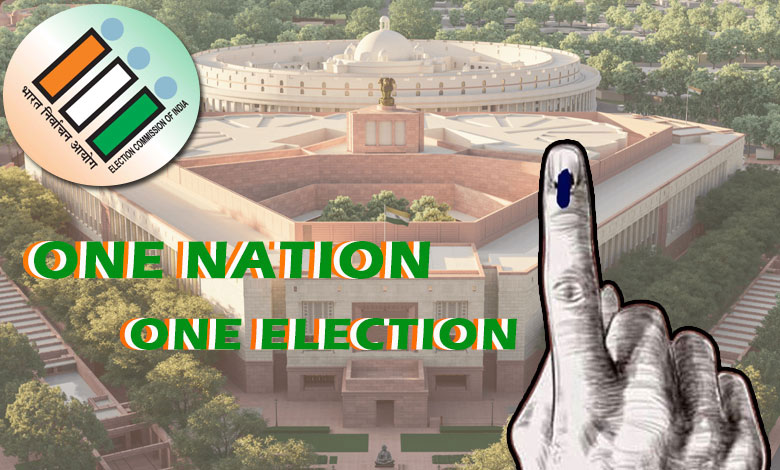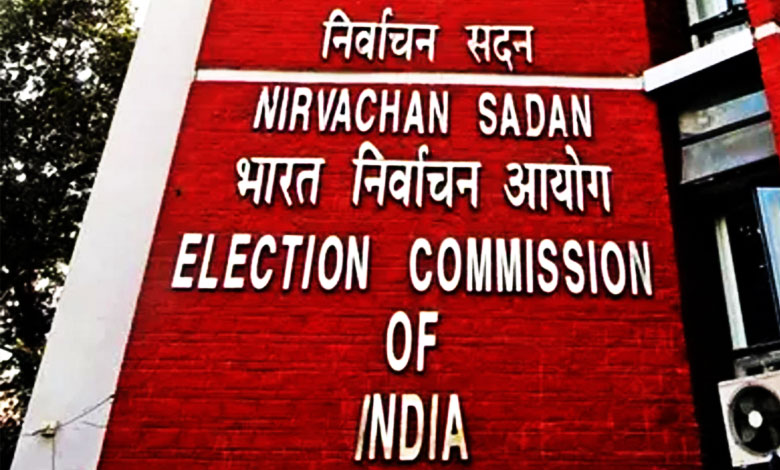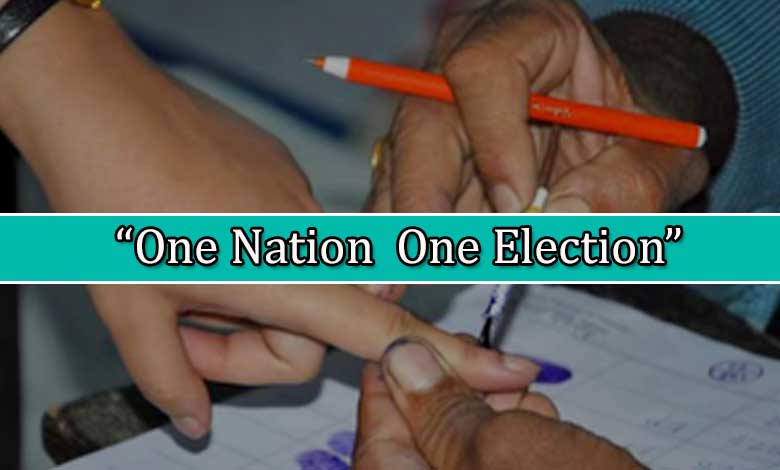Election Commission Defends Model Code of Conduct Amid ‘One Nation, One Election’ Debate
The Election Commission defends the Model Code of Conduct (MCC) amid the 'One Nation, One Election' debate, emphasizing its importance in ensuring fair elections and a level playing field, despite concerns over disruptions to governance.

In the ongoing debate about implementing the ‘One Nation, One Election’ initiative, the Election Commission (EC) of India has staunchly defended the Model Code of Conduct (MCC), highlighting its importance in ensuring a level playing field during elections.
This comes as the government pushes for simultaneous elections to streamline the electoral process and address concerns about the disruptions caused by frequent polls.
Table of Contents
The Government’s Push for Simultaneous Elections
The government has proposed the idea of conducting simultaneous elections for the Lok Sabha and state assemblies, citing multiple benefits such as reduced election costs, minimized disruptions in development work, and the alleviation of public life disturbances.
According to the government, the frequent imposition of the MCC—triggered by election campaigns—puts a halt to government projects, hampers public services, and diverts public resources away from their usual functions.
The government’s argument is that frequent elections lead to extended periods where developmental activities are stalled, as electoral duties take precedence. The government also emphasizes that the model code of conduct, while necessary, can be burdensome due to its long duration, especially during consecutive elections.
Election Commission’s Stand on the MCC
However, the Election Commission has responded by asserting that the MCC is not a mere disruptor of governance but a vital tool in ensuring that elections are free, fair, and transparent. According to the EC, the MCC provides a “level playing field” for all political parties and stakeholders, thus safeguarding the integrity of the electoral process.
The EC made it clear that the application of the MCC is essential for the conduct of credible elections, and that it is a voluntary code evolved in consultation with political parties. It added that the code aims to maintain fairness and avoid any undue influence during elections, which is vital for upholding the democratic process.

In response to a questionnaire posed by the Law Commission in March 2023, the Election Commission explained that the frequency of elections and the imposition of the MCC are closely linked.
The EC also pointed out that the time frame during which the MCC applies can be reduced through the rationalization of election cycles. The idea, as explained by the EC, is to keep the duration of the MCC period to a minimum, without compromising on the fairness of the elections.
Strategic Adjustments and Ongoing Discussions
The Election Commission has also shared its views on the simultaneous polls proposal with various committees, including the joint committee of Parliament examining the bills on ‘One Nation, One Election’ and the high-level committee chaired by former President Ram Nath Kovind.

In these discussions, the EC emphasized that while the imposition of the MCC might seem disruptive in some contexts, it remains integral to the functioning of free and fair elections.
Furthermore, the EC has actively worked on strategies to minimize the MCC period by streamlining election schedules and reducing the duration between the announcement of elections and their completion. This has been part of the EC’s ongoing efforts to address the concerns of disruption while maintaining electoral integrity.
Also Read | One Nation, One Election: Joint Parliamentary Committee Holds First Meeting Today
Impact on Policy and Governance
The Law Commission’s request for the EC’s perspective on the impact of frequent elections on policy-making has sparked debate. Critics argue that frequent elections lead to policy paralysis, where the focus shifts from governance to electioneering.
The MCC, which is enforced during the campaign period, restricts the government from announcing new policies or making significant decisions, leading to delays in governance and development work.
While the Election Commission acknowledges these concerns, it also stresses that the MCC is a critical component in ensuring that elections remain fair and unbiased. It is also crucial in protecting the rights of voters and ensuring that electoral outcomes reflect the true will of the people, free from manipulation or undue influence.
